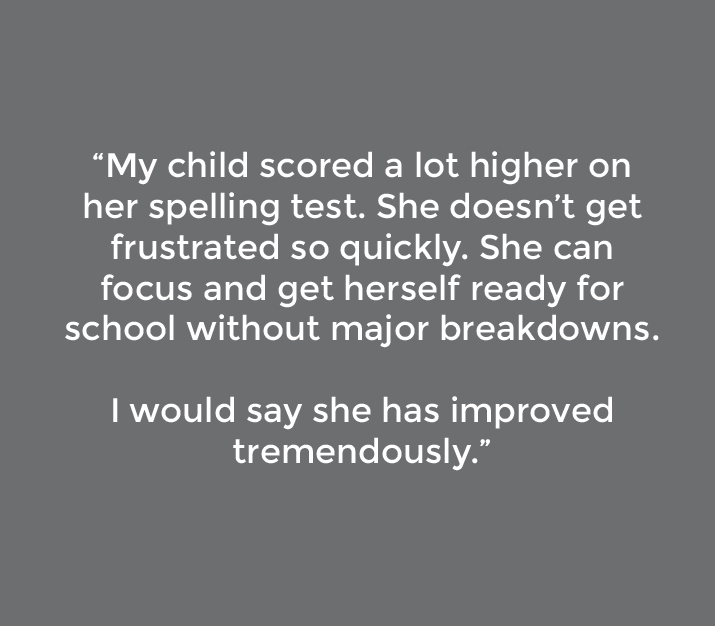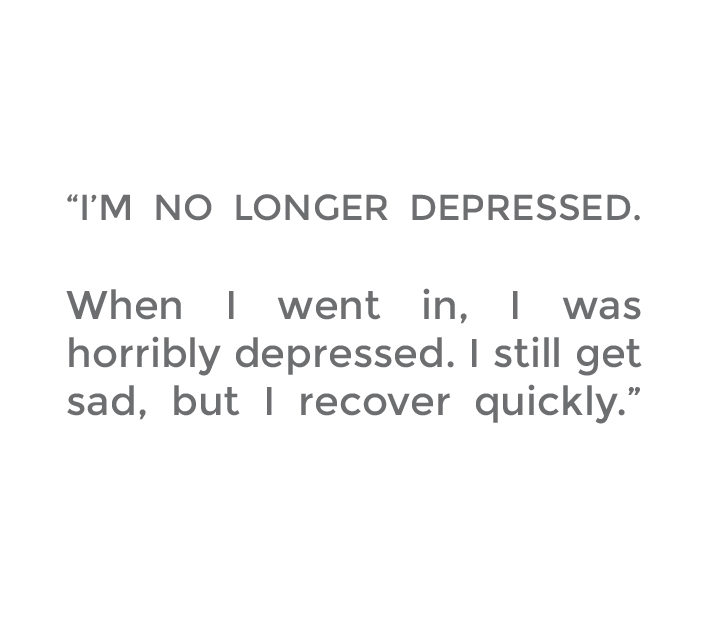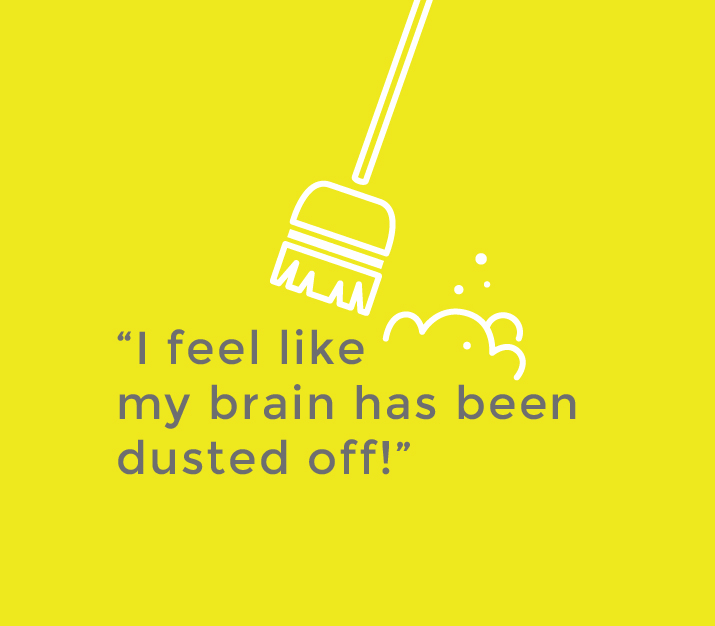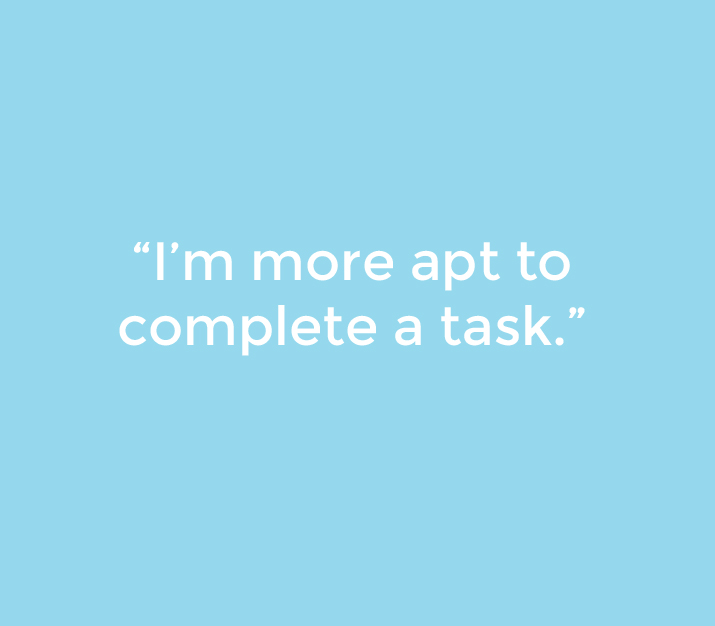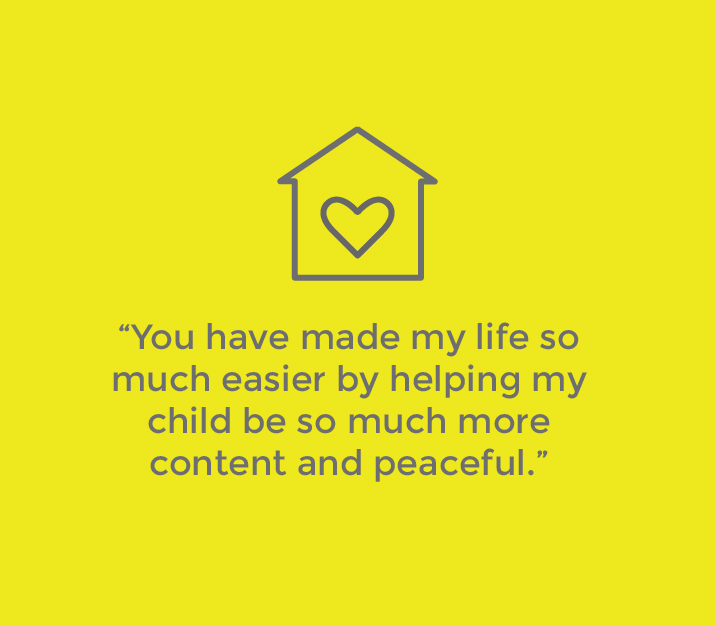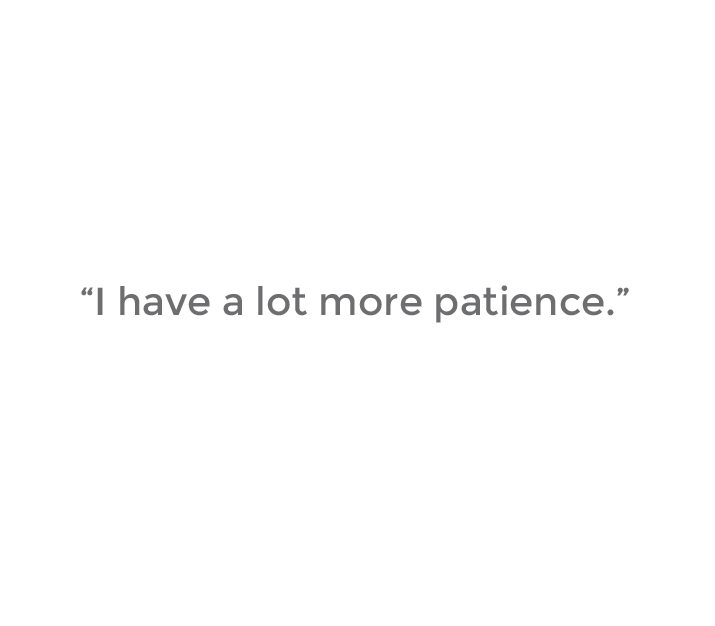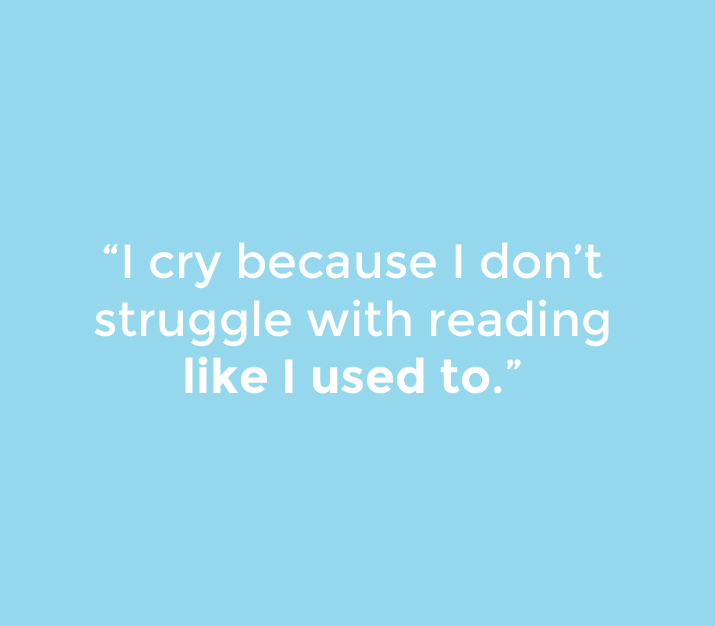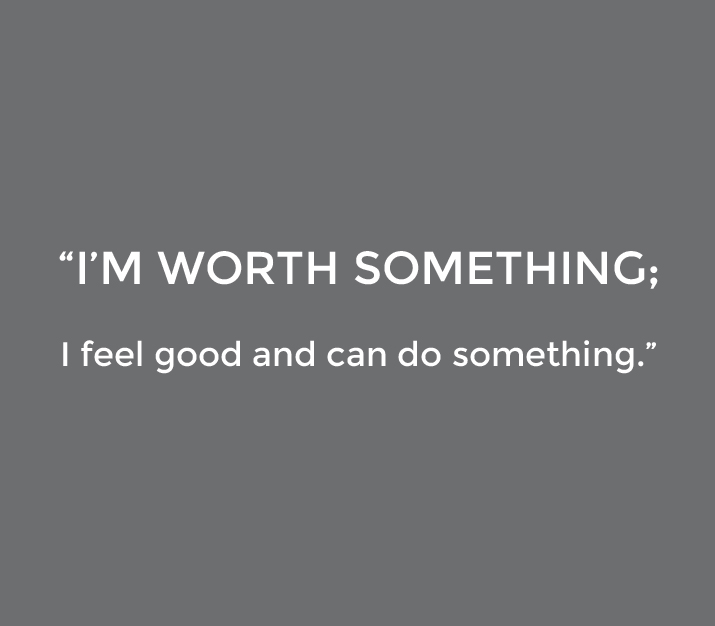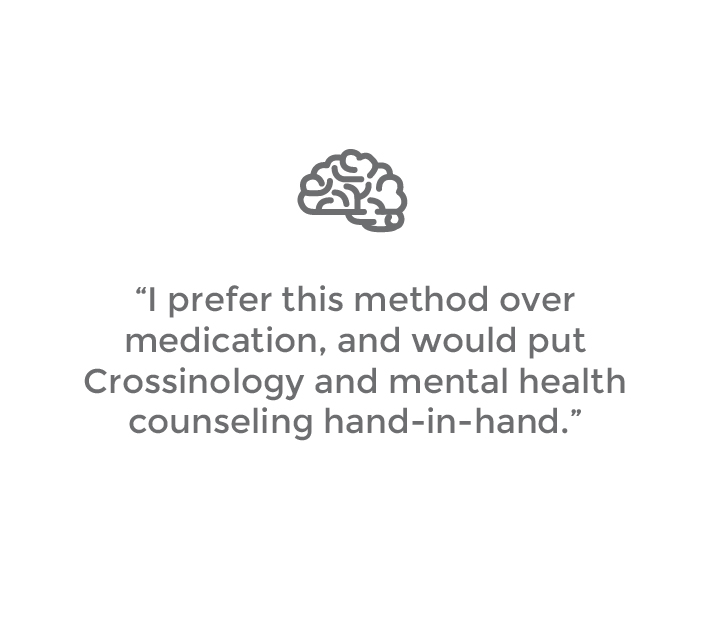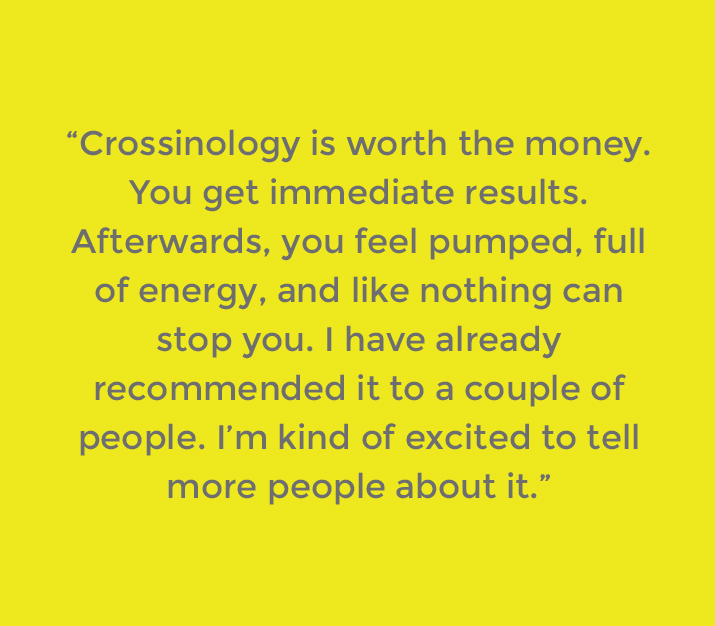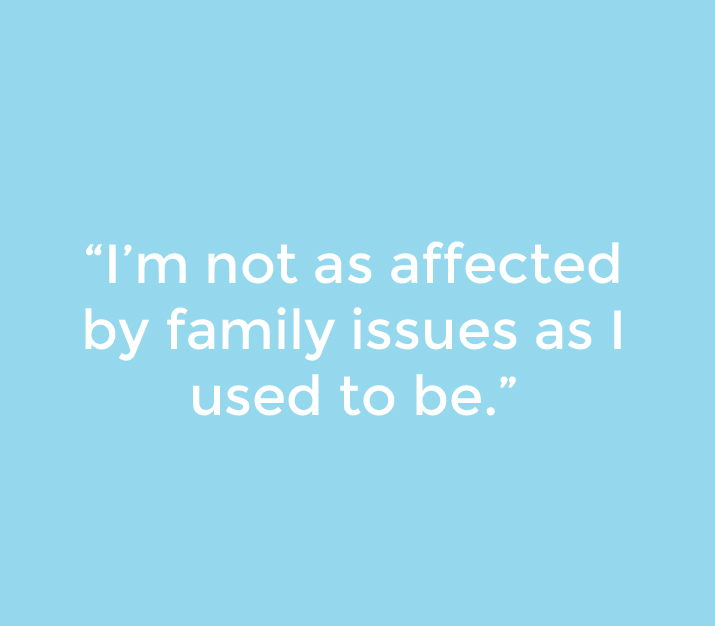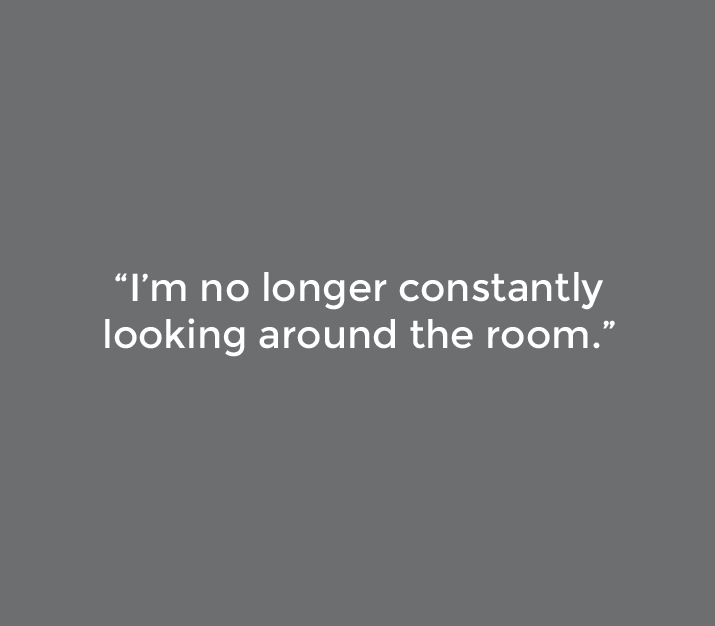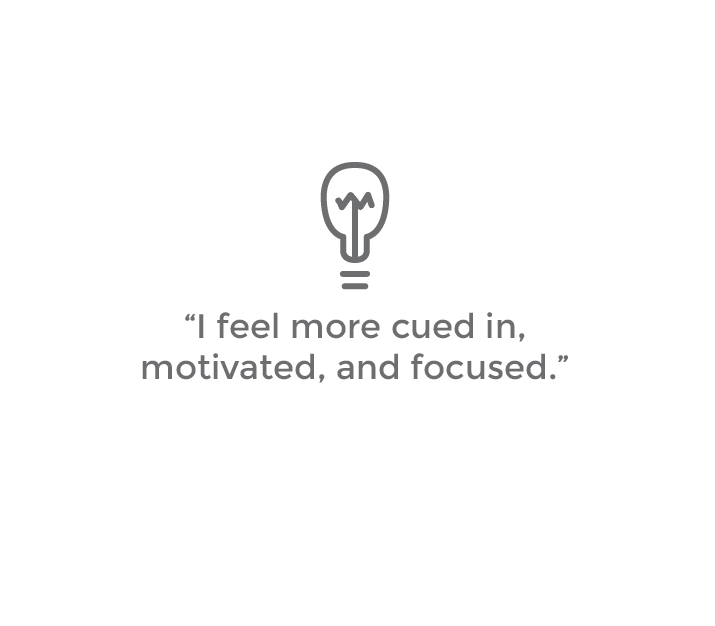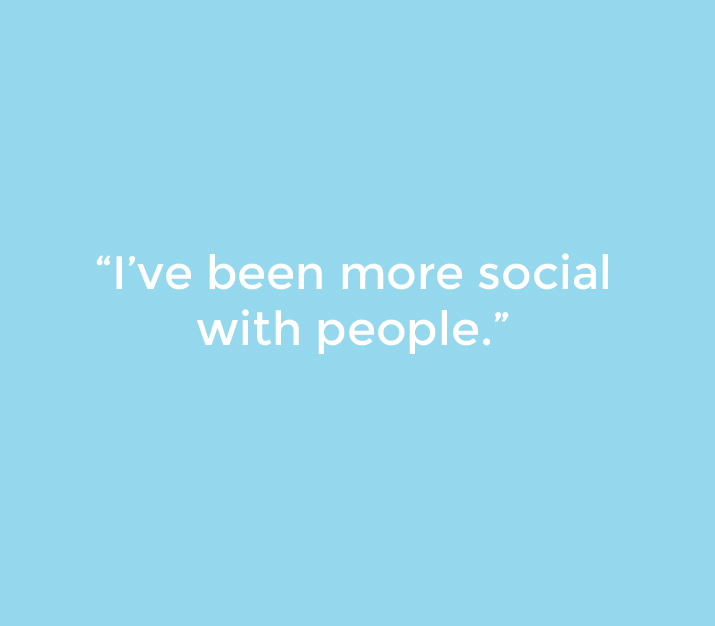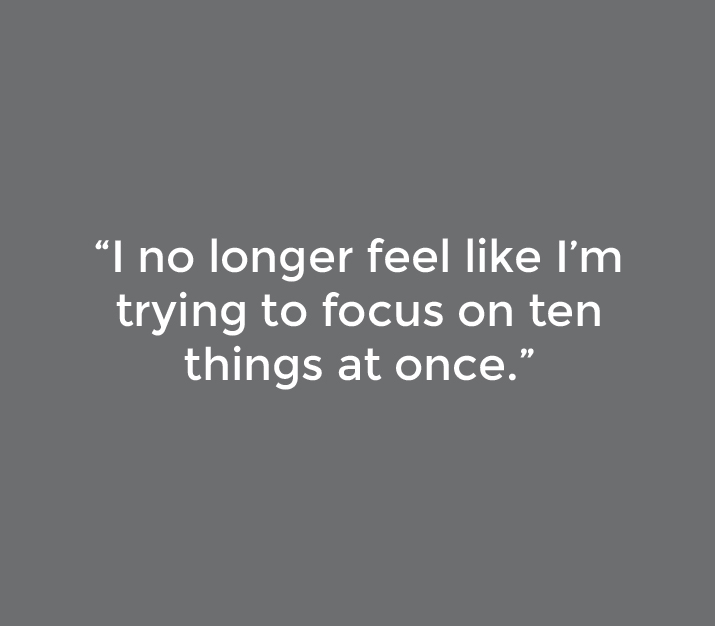Does Crossinology Brain Integration replace mental health counseling?
/Crossinology can address several mental health issues, but does it replace traditional counseling? The short answer is NO. I’ll share with you exactly what I mean:
After finishing the Brain Integration session, one of my clients told me, “I prefer this method over medication, and would put Crossinology and mental health counseling hand-in-hand.” My client thought that they complimented each other well, which was exactly right.
A great example of this is the “fight-or-flight” behavior which is a survival function executed by the reptilian part of the brain (brainstem and cerebellum.) This part of the brain is the most primitive area which controls the body’s vital functions and survival instincts. When an individual experiences a situation which threatens his or her well-being, this area of the brain raises adrenaline and redirects blood flow among other things in preparation of defending against or fleeing from the traumatic situation.
The ”fight-or-flight” response to the situation becomes a learned behavior, teaching the body to react in kind to similar incidents, regardless if it is a positive, negative, or neutral stimulus. Take for example the soldier recently returned from a tour of duty who cannot watch a fireworks display without experiencing post-traumatic stress disorder, while the same fireworks bring joy and laughter to others.
The Crossinology Brain Integration Technique addresses the “fight or flight” response by essentially hitting the reset button. The neural pathways which are activated during the stimulating event are balanced so that they work properly again. Only the habits associated with the triggered response remain.
This is where mental health counseling and Brain Integration work so well together. Once the neural pathways are reset, mental health counseling can more effectively help the individual to address those habits and actions previously associated with the “fight or flight” trigger. This change was made obvious to me shortly after my brain was integrated – I was driving down the freeway and was aggressively cut off by another driver. Out of habit, I returned the favor – but something was different. That feeling of adrenaline and anger wasn’t there. I sat there and thought to myself, “Why did I just do that?” Over time, this reactive habit was eliminated. Mental health counseling focuses on teaching clients the skills needed to react properly to stimulus.
Many of my clients of told me that they have noticed that initially they still get upset or react negatively to certain situations, but that the trigger is gone and they recover much more quickly. In these situations, counseling is recommended to continue the progress that was started with Crossinology Brain Integration.





